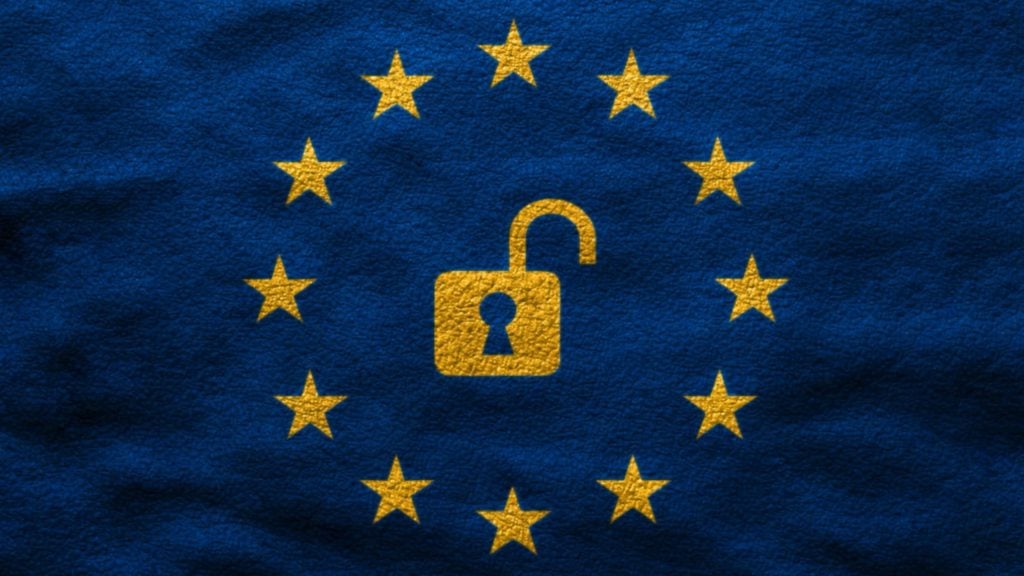Although a lower court had dismissed the case, the Court of Appeals for the Ninth Circuit has decided that Google will have to go to trial after all, for allegedly secretly collecting data from Chrome users, regardless of whether they chose to sync information from the browser with their Google account.
The class action lawsuit, Calhoun v. Google LLC., accuses the tech giant of using the browser, by far the most dominant in its market, to collect browsing history, IP addresses, unique browser identifiers, and persistent cookie identifiers – all without consent.
The case was initially filed in 2020 and then dismissed in December 2022, but now the appellate court – in a ruling signed by Judge Milan D. Smith Jr. – said that the decision failed to take into account, looking into Google’s disclosures, i.e., the privacy policy agreement, “whether a reasonable user reading them would think that he or she was consenting to the data collection.”
The plaintiffs are certain this was in fact happening without explicit permission, and consider the way Chrome was set up to work in this context is “intentional and unlawful.”
Google on the other hand defended its actions when the case was originally filed by saying that explicit permission happened when users accepted its privacy policy. The lower court judge, Yvonne Gonzalez Rogers, accepted this argument to dismiss the case, saying Google’s disclosure about the data collection was “adequate,” and therefore had the users’ consent.
According to Judge Smith, despite its general policy, Google was pushing Chrome “by suggesting that certain information would not be sent to Google unless a user turned on sync.”
Interestingly enough, Google is removing the sync option from all versions of Chrome – after iOS, this will now be the case on desktops and Android as well. All it will take is to sign into the Google account on Chrome to link the data from the browser to the account – although signing in is not mandatory, at least for now.
A Google spokesman who commented on the decision of the court of appeals – which sent the case back to a lower court – confirmed that the change “is not related to the litigation.”
As for the litigation – “We disagree with this ruling and are confident the facts of the case are on our side. Chrome Sync helps people use Chrome seamlessly across their different devices and has clear privacy controls,” claims Jose Castaneda.



